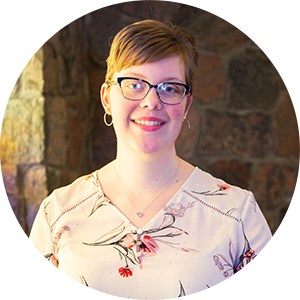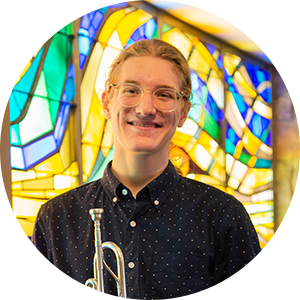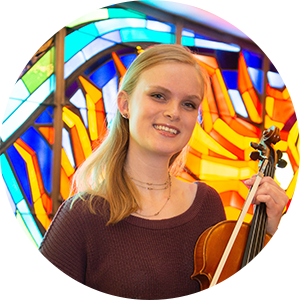 Music, like language, exists in untold variety everywhere on earth and has endured in some form for as long as humankind has been in existence. It has a biological basis, is cultivated in the human mind, and plays essential roles in human society.
Music, like language, exists in untold variety everywhere on earth and has endured in some form for as long as humankind has been in existence. It has a biological basis, is cultivated in the human mind, and plays essential roles in human society.
The notion that music has the power to affect health and wellbeing has ancient origins. In the field of ethnomusicology, some scholars have documented its healing potential through community music practices that have been passed on for generations in diverse cultures worldwide. Others have shed light on the ways in which the structure and necessity of a culture’s music reinforces community values, builds and strengthens bonds, and perpetuates the need for positive human interactions, which in turn nurture and promote individual and societal wellbeing.
Therapeutic use of music in clinical settings emerged in the mid-twentieth century after its observed effects on war veterans, which gave rise to the field of music therapy in the United States. In the last decade, technological advances have provided neuroscientific evidence for music interventions in medicine, including its use for pain relief before, during, and after childbirth and surgical procedures; and functional neurological and behavioural therapy that has applications in motor, speech, and cognitive rehabilitation. To be sure, music is not a magic pill, but it has become a supportive intervention and even a viable alternative to prescription drugs.
Beyond clinical settings, music in the community and in everyday life is valued for its potential to positively influence health. Music can benefit multiple domains— emotional, social, physical, spiritual, and intellectual health—at the same time or at different times, and often without our intention. We can, however, choose to be deliberate, to join ensembles, to create playlists, to self-prescribe, to harness the power of music, its beauty, its versatility, to do its work—to uplift, regulate, calm, empathize, express; to communicate, celebrate, accompany, connect; to encourage, motivate, assuage; to empower, transform, inspire. What’s more—whether we play, sing, compose, or simply listen—we can do it alone or in a group.
Grebel offers many opportunities for music every term—from free noon hour concerts to university ensembles to student-run musicals to music lessons. And technology has rendered it incredibly portable, accessible, and sharable. If music is not already integrated into your life, why not take a regular dose next term and feel what happens.
How Does Music Ground You?
The positive influence music has on mental wellbeing is experienced by students across UWaterloo faculties. The Music Department encourages students in all programs to engage with this artistic and emotional outlet through Music double-majors, minors, electives, and ensembles.










